Last Updated on August 2, 2021

PLOT: The concierge of a resplendent resort hotel and his faithful lobby boy are caught up in an adventure involving the theft of a priceless painting and the fight over a dead woman’s will.
REVIEW: Who knew that the ultimate Wes Anderson protagonist would be played not by one of the director’s frequent collaborators (Jason Schwartzman, Bill Murray, Owen Wilson to name a few) but by Ralph Fiennes, the often sinister, almost never heartwarming actor known for portraying serious-minded villains and weary men of the world. But THE GRAND BUDAPEST HOTEL delivers us a Fiennes so utterly charming and delightful that it’s a cinch the actor and director have just forged an unlikely bond that will last for several years, hopefully decades. Fiennes, and GRAND BUDAPEST, are just that wonderful.

Anderson fanatics will be in seventh heaven with his latest concoction, which brings new elements of suspense and action to his usual array of quirky tropes and characters. But Anderson skeptics will find much to enjoy here too; it’s perhaps the director’s most “accessible” work, as the plot includes somewhat more mainstream diversions as chase sequences and jail breaks, although they are the most Wes Anderson-y chases and jail breaks you can fathom. (Though we all know he’s never minded a peculiar action scene.) But the movie’s heart is so genuine and good-natured – so very human – that those who dismiss his films as being too idiosyncratic will be as swept up in the movie’s wild tale as his acolytes. Dare I say this is Anderson’s most purely entertaining, and moving, picture to date.
The film unfolds as a story within a story within a story. (And I think perhaps within even yet another story.) The main location is, of course, The Grand Budapest Hotel, which sits atop a mountain in the fictional country of Zubrowka, a country always on the brink – or in the middle – of war. Upon first entering the hotel we find it in shambles, a calamitous shell of its former self. The current owner of the hotel, Moustafa (F. Murray Abraham), is persuaded to tell the story of how he came to acquire it to a curious writer (Jude Law), and we’re thusly carried away into the hotel’s 1930s heyday, when a suave and prickly concierge named Gustave H (Fiennes) runs the place like a fanciful drill sergeant. He finds a protege in young Zero (here played by likable newcomer Tony Rovolori), whom he grooms to be a perfect lobby boy, in addition to his unfailing assistant and co-conspirator. That the working relationship quickly and naturally develops into a friendship is one of the movie’s authentic touches, as Fiennes and Rovolori are perhaps Anderson’s most lovably atypical duo since Schwartman and Murray connected despite their differences in RUSHMORE.

What propels GRAND BUDAPEST HOTEL forward as much as its two heroes is a comedy-adventure plot that has been plucked right out of the 30s, with hints of the Marx Brothers, Ernst Lubitsch and even early Hitchcock pervading the air, with Anderson’s own unique world view and style mingled in effortlessly. Gustave, who makes it a habit to seduce the more elderly of the ladies who frequent his hotel, is implicated in the murder of a particularly wealthy dowager (Tilda Swinton in startlingly good old age make-up) by her evil son (Adrien Brody) and his vile henchman (Willem Dafoe, who is frankly amazing). While Gustave is wrongfully imprisoned, Zero must help to break him out of jail and clear his name, while also finding time to romance the sweet bakery girl (Saoirse Ronan) who is also caught up in the scheme.
That’s just the tip of the iceberg. Much goes on in GRAND BUDAPEST HOTEL (ironically, much of it goes on outside of the actual hotel’s walls) and all of it is a joy to behold, even when some of the passages grow dark and forlorn. As can be counted upon, the film is exquisite to behold on a technical level, as Anderson collaborates with production designer Adam Stockhausen and longtime cinematographer Robert Yeoman to paint a vividly luxurious storybook world. Another rousing score by Alexandre Desplat (after the mini-masterpiece MOONRISE KINGDOM) perfectly compliments the proceedings in both bombastic and hushed moments.

Anderson’s eccentric cast (which also includes such standouts as Edward Norton, Jeff Goldblum, Harvey Keitel and Mathieu Amalric) is fully on their game, necessary because the script’s dialogue is so gloriously intricate – and sometimes profane. The film has many laugh-out-loud moments, most of them spun from the odd pairing of the screenplay’s lovingly flowing words with the frequent F bomb out of nowhere. Fiennes is masterful at this, but then again he’s masterful the entire way through. We never learn much about Gustave, and yet Fiennes has imbued the man with all we need to know; by the end we’re as familiar with his proclivities and warmth as is Zero and we never want him to go away.
Leaving THE GRAND BUDAPEST HOTEL is a strangely somber experience. Perhaps because it’s such a lovely, full experience, it’s simply too bad it has to end, but there’s more going on than that: For all its winsome light-heartedness and fun, the movie also pulses with some troubling notes of longing and regret. Anderson has certainly tackled death and personal heartbreak before, but the simple yet elegiac way this movie resonates is difficult to put into words; it’s an achievement I don’t believe Anderson has reached before. Whatever the cause of my personal melancholy departure from the Grand Budapest, I can only relay the fact that I intend to go back as quickly as possible.







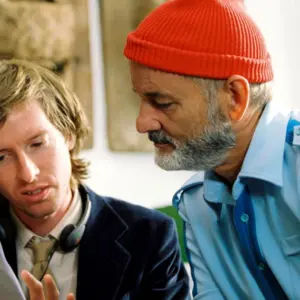
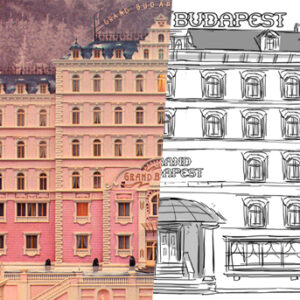

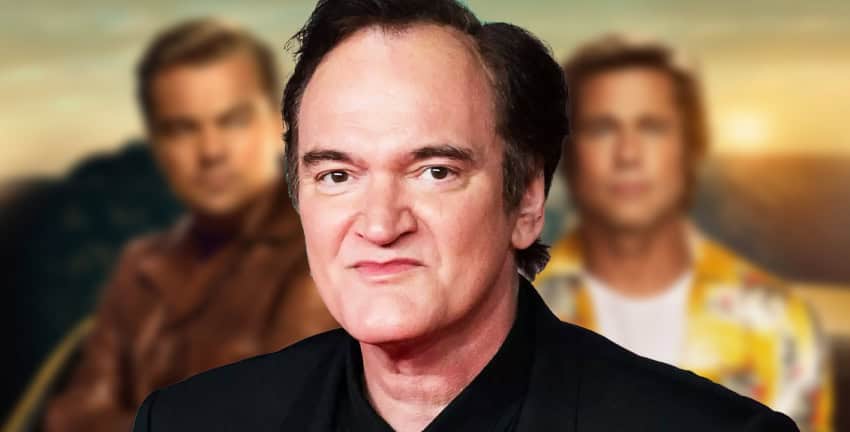
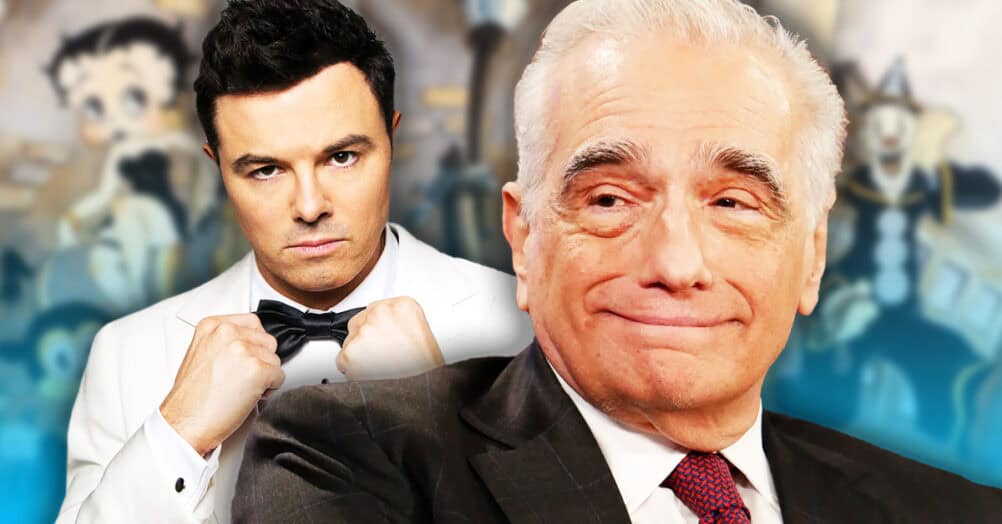
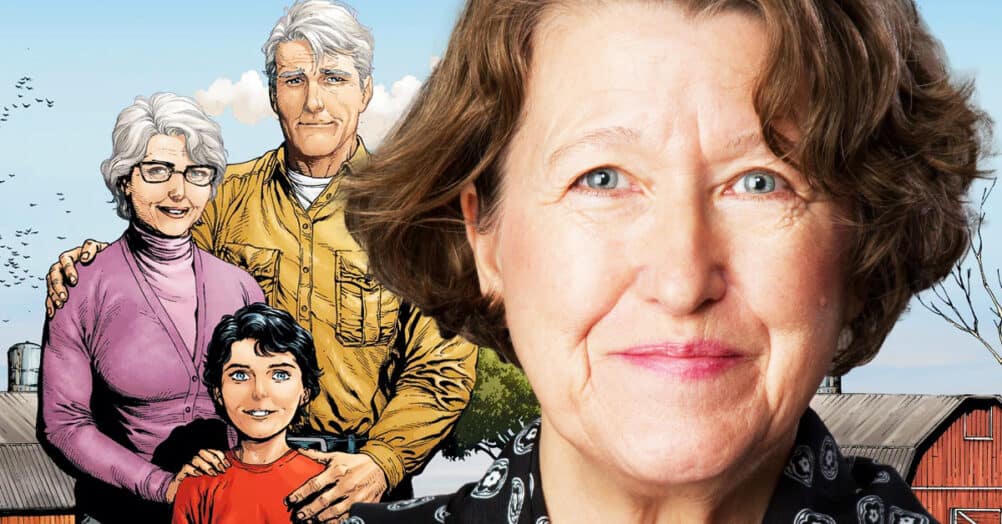
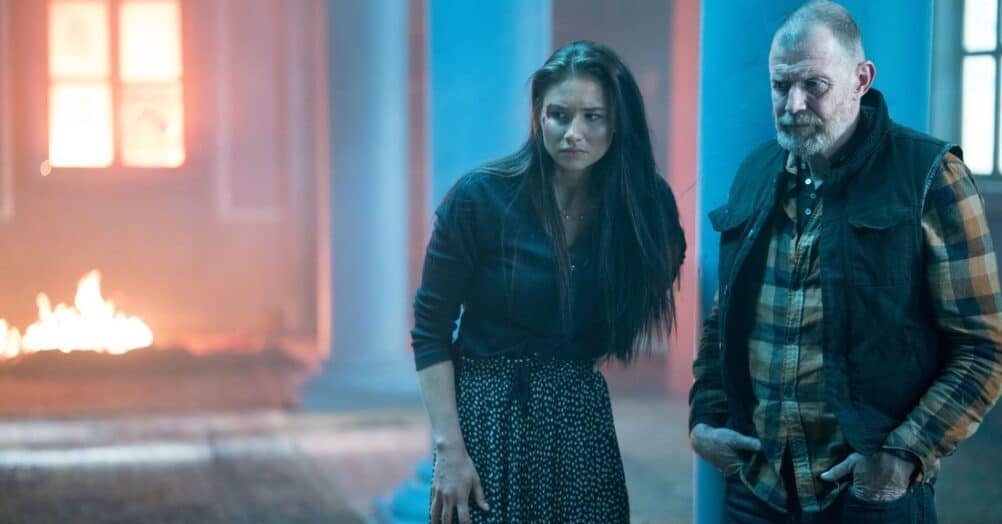
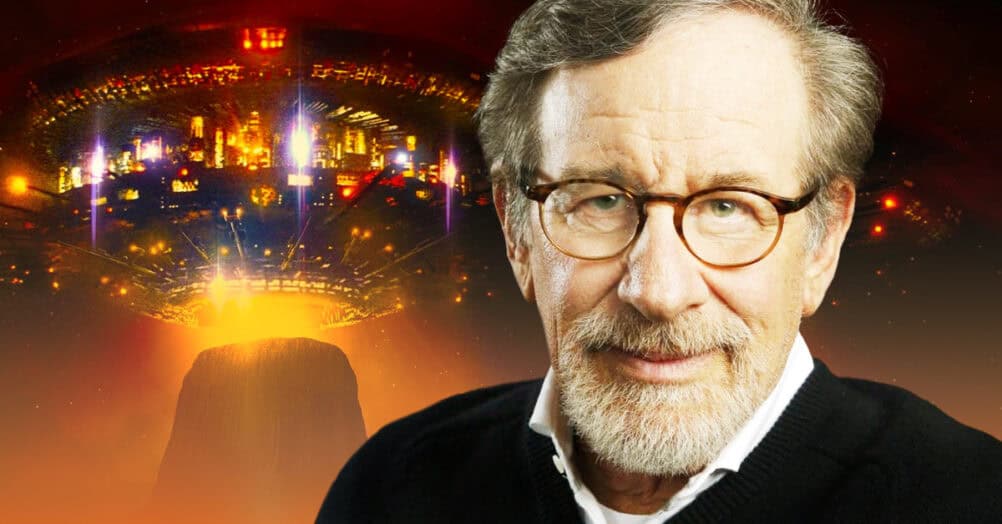
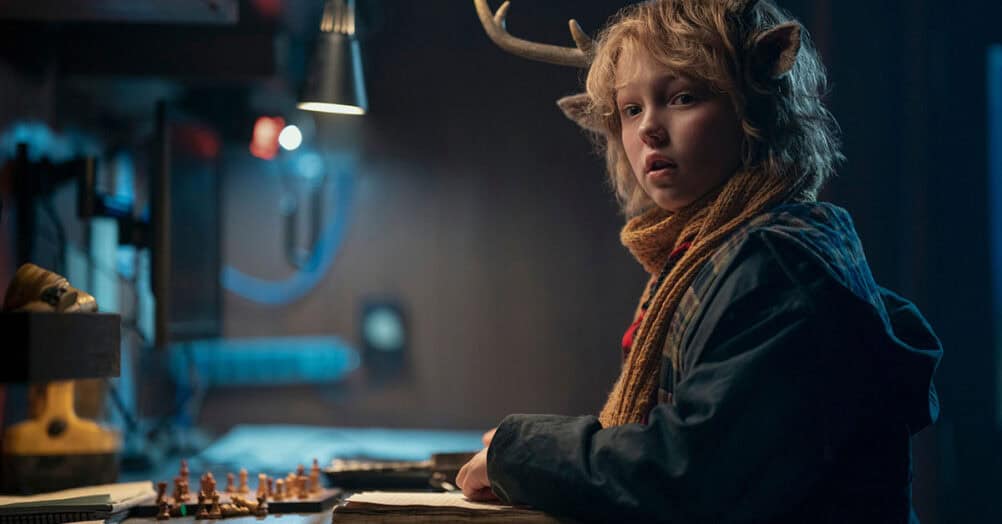
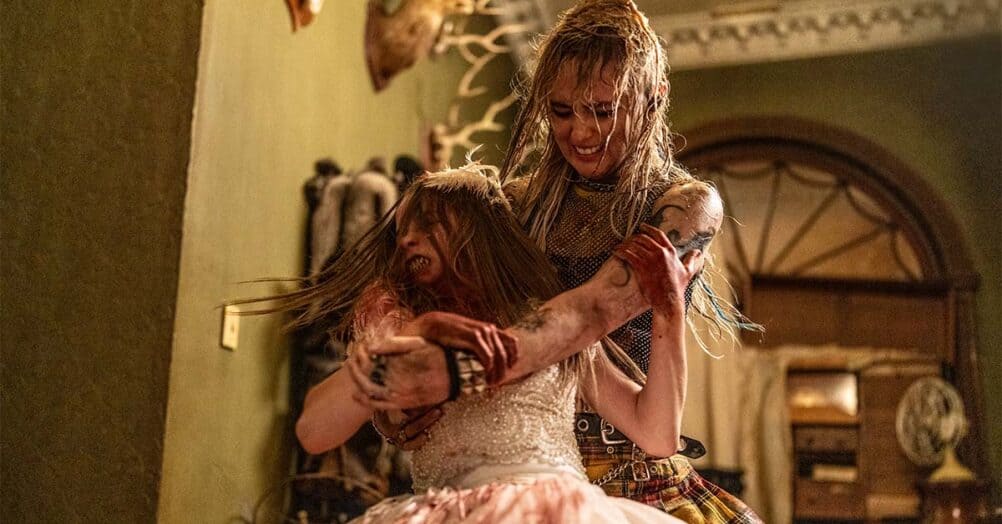
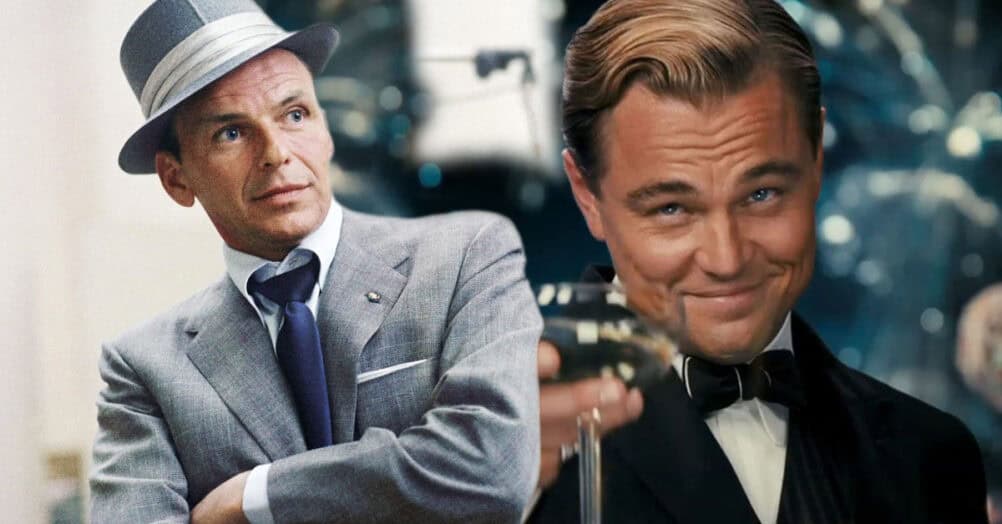
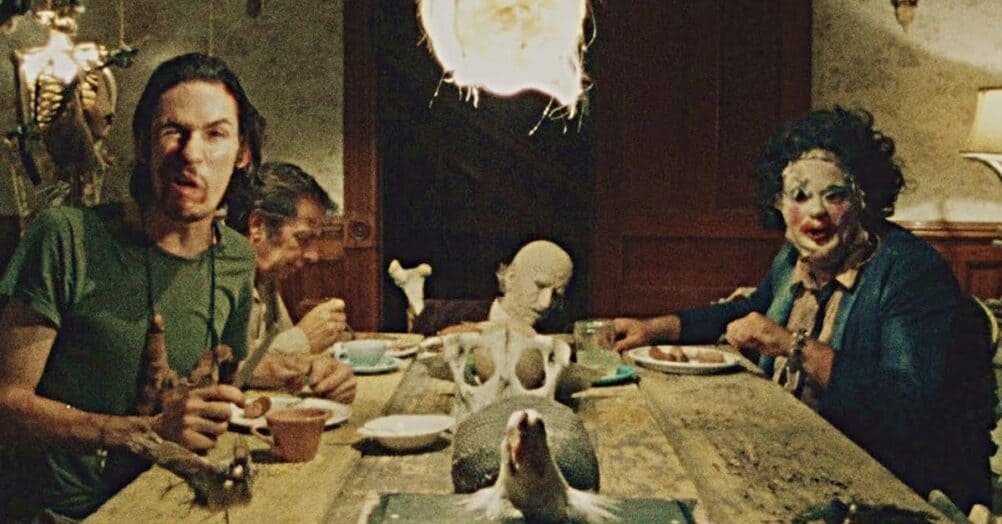
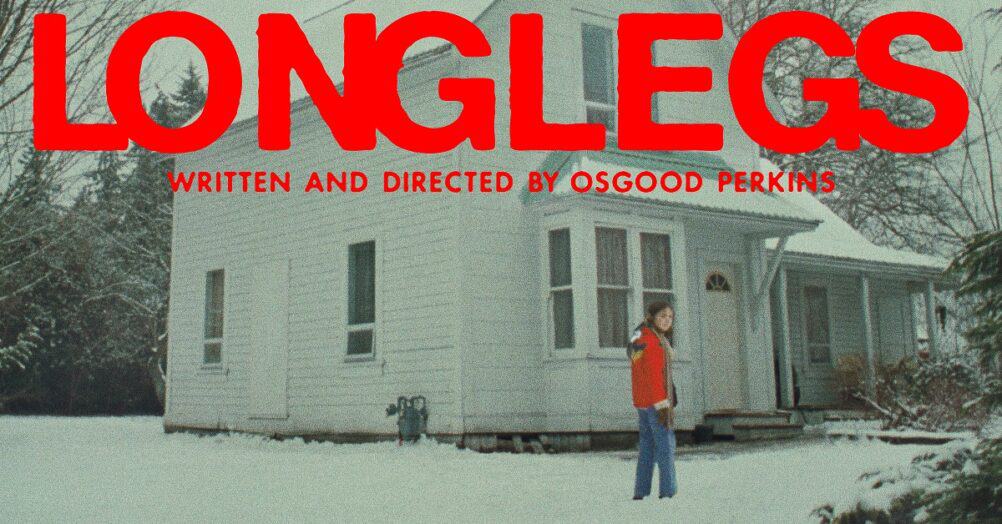
Follow the JOBLO MOVIE NETWORK
Follow us on YOUTUBE
Follow ARROW IN THE HEAD
Follow AITH on YOUTUBE